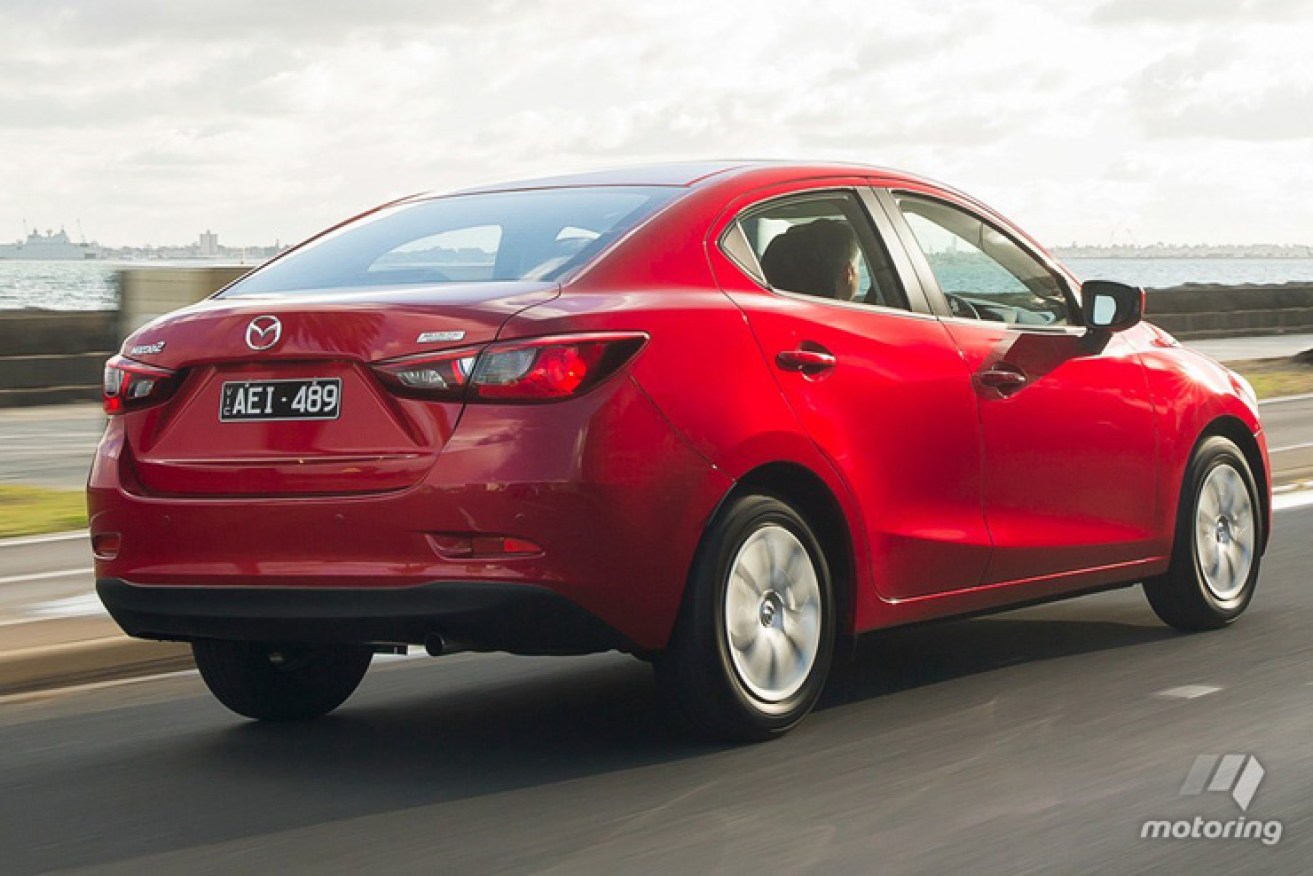ACCC takes Mazda to court over handling of faulty vehicles


Mazda has been taken to court for alleged unconscionable conduct and false or misleading representations.
Australia’s competition watchdog has taken Mazda to court over allegations the automaker misled consumers who bought one of seven new Mazda vehicles between 2013 and 2017.
The Australian Competition and Consumer Commission (ACCC) began proceedings in the Federal Court against Mazda on Thursday.
The ACCC alleges some of the vehicles sold began experiencing faults within a year or two of purchase. Some vehicles suddenly lost power without warning, while others slowed down while they were being driven.
The models include Mazda 2, Mazda 6, Mazda CX-5, Mazda CX-5B, Mazda CX-3 and Mazda BT-50.
The owners allegedly had to take their vehicles to Mazda dealers for repeated repair work, including multiple engine replacements.
“We allege that Mazda repeatedly refused to provide a refund or a replacement at no cost to the consumers and pressured them to accept lesser offers which were made by Mazda only after multiple failures of the vehicles and repeated attempted repairs,” ACCC Chair Rod Sims said.
“In short, our case is that Mazda gave these consumers the ‘runaround’ while denying their consumer guarantee rights.”
Mazda Australia has vowed to “vigorously” defend the proceedings.
“Mazda Australia’s objective is to always to provide the ultimate customer experience… In doing so, it consistently exceeds its legal obligations,” Mazda Australia’s senior PR manager Mark Flintoft said.
“It is, therefore, disappointed that the ACCC has chosen to commence legal proceedings against it for alleged breaches of the Australian Consumer Law.”
The ACCC alleges the consumers were forced to chase up Mazda multiple times over months and even years as their faulty vehicles continued to experience faults.
Mazda allegedly denied consumers’ requests for a refund or replacement vehicle.
“Despite the consumers repeatedly asking Mazda for a refund or replacement vehicle, and enduring multiple unsuccessful repair attempts, we allege that Mazda told these consumers that their only available remedy was yet another repair,” Mr Sims said.
“If a vehicle cannot be repaired within a reasonable time or at all, consumers have a right under the Australian Consumer Law to a refund or replacement, and manufacturers cannot refuse these claims.”
The ACCC alleges that after repeated repair attempts, Mazda pressured the consumers to accept deals that were less than what they were entitled to.
The company offered to refund just a slice of the car’s purchase price, or offered to provide a replacement car but only if the consumer made a significant payment. In one case, Mazda’s offer was limited to an extended warranty and free service of the vehicle.
“Consumers do not have to make any financial contribution to receive the remedies they are entitled to under the Australian Consumer Law,” Mr Sims said.
“The ACCC remains alarmed about the barrage of issues consumers face when they attempt to exercise their consumer rights because there is a problem with a new vehicle they have purchased.”
The ACCC is seeking penalties, declarations, injunctions, consumer redress, a publication order, an order requiring the implementation of a compliance program, and costs.







